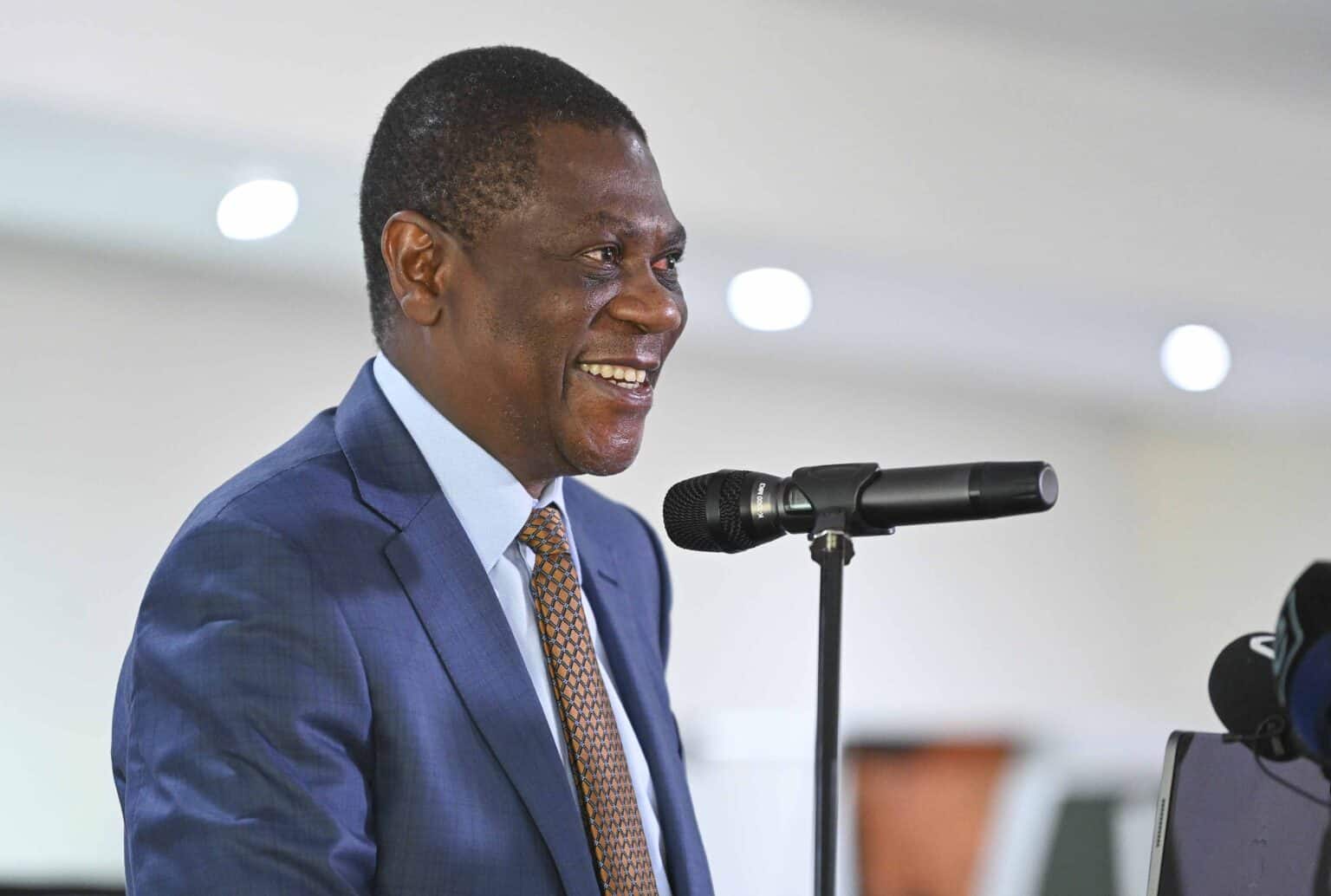Government will send another delegation to the US to push for better trade terms.

Deputy President Paul Mashatile has warned of the consequences South Africa will face if the country fails to secure a trade a deal with the United States (US), following the imposition of a 30% tariff.
Mashatile was speaking at the National Association of Automotive Component and Allied Manufacturers (NAACAM) show in Gqeberha on Thursday.
His visit to the Eastern Cape came as negotiations with the US continue.
ALSO READ: US tariffs: Here’s why talks over trade deal have been ‘complex’
Earlier this month, US President Donald Trump’s administration introduced a 30% tariff on all South African exports.
Vehicle and auto component products have separately been subject to a 25% tariff since April.
South Africa has since submitted a new trade proposal aimed at reducing these tariff levels.
Mashatile warns of US tariffs impact
During his speech, Mashatile acknowledged that the automotive and manufacturing sectors, while historically a “success story”, are currently navigating “tough times”.
“The automotive sector in South Africa is one of the country’s most strategically important and internationally linked industries, accounting for 22.6% of manufacturing output and 5.2% of the country’s GDP,” he remarked.
He highlighted that the automotive industry employs more than 115 000 people, with over 80 000 working in the component sector, which exported R62.5 billion worth of products in 2024.
With unemployment at 33.2%, Mashatile warned that the issue remains critical.
READ MORE: US tariffs: SA sends new proposal but no changes to laws
NAACAM has recorded 12 company closures in the past two years, affecting 4 000 workers.
“We must never allow the loss of these gains because of external and internal pressures. I say this with concern because the employment levels in the sector have been under strain due to ongoing economic pressures and reduced production volumes,” he said.
Mashatile stressed the importance of diversifying investment and expanding trade partnerships.
“It is for this reason that the Cabinet has adopted a new trade proposal to the United States that aims not just to settle the 30 percent tariff but also has ramifications for over 130 other trading partners who may reroute products into the South African market.”
He reiterated that failure to reach an “amicable” trade agreement with the US would result in “repercussions felt throughout the entire value chain”.
Watch Mashatile’s speech below:
This, Mashatile said, could lead to volume cutbacks for South African suppliers serving domestic original equipment manufacturers (OEMs) that export to the US – affecting production planning, employment and investment decisions.
“South African automobiles and components would see a direct rise in the landed cost in the US market.
“Because of this, they would be unable to compete with goods from nations that have continued preferential or zero-duty access, such as those in the United States, Mexico, Canada Agreement.”
New delegation headed to the US
Mashatile also announced that government will send another delegation to the US to push for better trade terms.
“The imposed tariffs threaten to disrupt well-established trade flows and weaken the global competitiveness of South Africa’s automotive manufacturing ecosystem.
“However, South Africa remains resilient and steadfast in its efforts to grow and protect our economy. We will continue to engage with the United States to identify practical solutions.
“The president will once again be sending a delegation to the White House to engage with the US administration on this matter.”
A previous delegation – led by President Cyril Ramaphosa and including Cabinet ministers, Cosatu President Zingiswa Losi, businessman Johann Rupert, and professional golfers Ernie Els and Retief Goosen – visited the White House in Washington DC in May in an effort to ease tensions with the Trump administration.
NOW READ: Business confidence increases, but will come under pressure from US tariff
Support Local Journalism
Add The Citizen as a Preferred Source on Google and follow us on Google News to see more of our trusted reporting in Google News and Top Stories.








